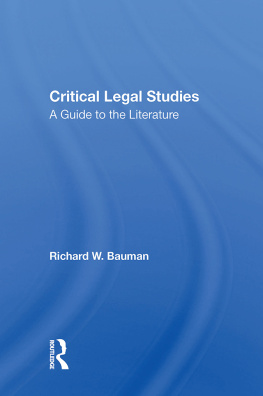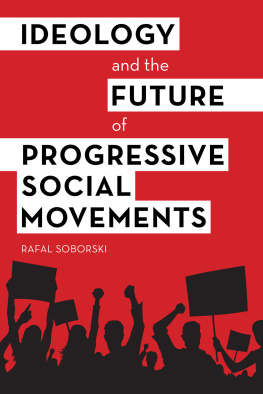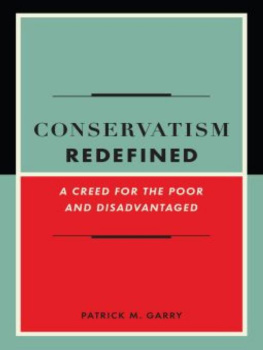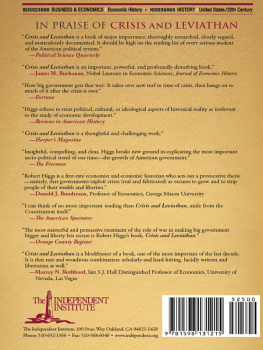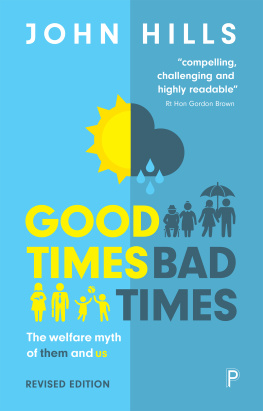Beyond the New Right
Beyond the New Right presents a critique of the political thought of the New Right from within, as developed by one of its principal theorists. John Gray criticises the New Right as a form of Enlightenment rationalism, alien to true conservative philosophy, whose essential insight is the imperfectibility of all human institutions, including the market.
All the major thinkers and themes of the New Right are examined, together with many major issues of current public policy such as the growth of the underclass and the future of the role of government in education and culture. In the final essay the author argues that there are deep affinities between conservative philosophy and Green thought. He advances radical proposals for the preservation and renewal of common life for an age in which the ideals of modernism, including continuous economic growth, are decreasingly viable. The last essay expresses the authors conviction that conservative philosophy will find its future in dissociating itself from the neo-liberalism that has lately dominated policy, and returning to the task of redefining traditional values in an historical context in which the tenets of modernism are no longer credible.
Beyond the New Right
Markets, government and the common environment
John Gray
First published 1993
by Routledge
2 Park Square, Milton Park, Abingdon, Oxon, OX14 4RN
Simultaneously published in the USA and Canada
by Routledge
29 West 35th Street, New York, NY 10001
New in paperback 1994
Transferred to Digital Printing 2004
1993 John Gray
All rights reserved. No part of this book may be reprinted or reproduced or utilized in any form or by any electronic, mechanical, or other means, now known or hereafter invented, including photocopying and recording, or in any information storage or retrieval system, without permission in writing from the publishers.
British Library Cataloguing in Publication Data
A catalogue record for this book is available from the British Library.
Library of Congress Cataloging-in-Publication Data
Gray, John, 1948
Beyond the new right: markets, government, and the common environment / John Gray,
p. cm.
Includes bibliographical references and index.
1. Conservatism. 2. Liberalism. 3. Libertarianism.
4. Free enterprise. 5. Green Movement. I. Tide.
JC571.G73 1993
322.44dc20 9240306
CIP
ISBN 0415092973 (hbk)
ISBN 0415107067 (pbk)
Limited Government: a Positive Agenda was published by the Institute of Economic Affairs; A Conservative Disposition: Individualism, the Free Market and the Common Life by the Centre for Policy Studies; The Moral Foundations of Market Institutions by the Institute for Economic Affairs. An Agenda for Green Conservatism is published here for the first time.
I am grateful to the Principal and Fellows of Jesus College, Oxford, for granting me periods of sabbatical leave without which the papers collected in this volume could not have been written. I am grateful to the Directors and staff of the Social Philosophy and Policy Center, Bowling Green, Ohio, for periods of residence there during which much of the thought and research that bore fruit in these papers was done. I thank Mary Dilsaver and Tammi Sharp for their labours in turning my handwritten manuscript pages into a bona fide typescript.
John Gray
The papers collected in this volume reflect over a decades involvement in the intellectual currents and political movements that came together to make up the New Right in Britain. In retrospect, it is now obvious what some people suspected during its heyday that the New Right was not a single, coherent system of ideas but rather an eclectic mixture of themes and policies brought together, in Britain and elsewhere, more by the contingencies of circumstance than by logic or sustained reasoning. During the period of its political hegemony, the miscellaneous intellectual ancestries of the New Right hardly mattered, even if they sometimes confused policy-makers. Developments such as the political victories of conservative parties throughout most of the English-speaking world and in much of continental Europe; the capture of the conservative parties, and in New Zealand of the Labour Party, by New Right ideologies; the spectacular collapse of the Soviet system, followed shortly by that of Swedish Social Democracy, when taken in the context of a global movement toward privatisation and marketisation of economic life and the political impotence of all of the traditional parties of the Left, encouraged among supporters and members of the New Right the triumphalist belief that their political hegemony was irreversible, and that it expressed an intellectual triumph that was no less decisive. If the ideas and policies of the New Right were sometimes inconsistent; if they rested on philosophical foundations that were precarious; if the coalition of political forces that supported them was to prove ephemeral and conflict-ridden; if the policies animated by the thought of the New Right were to have effects that were costly, in human and political terms, and sometimes self-defeating these were shadows cast by the New Right, discerned by the seasoned eyes of conservatives of an older and wiser school, but unseen by the enthusiasts of the New Right itself. For them, the political victory of the New Right transitory as it predictably was embodied the triumph of an ideology as comprehensive, and as hubristic in its claims, as Marxism had been. For the libertarian and classical liberal ideologues of the New Right, their ideas were truly what Marxism had falsely promised to be: the riddle of history solved. And for a few years their confidence seemed, at least to them, well founded.
It was never altogether baseless. In its several varieties Chicagoan, Virginian, Austrian, and so forth New Right thought contained insights, long neglected or denied in the stagnant mainstream of academic life, that explained many of the failures of government in our time. The poverty, waste, malinvestment and industrial archaism disclosed by the Soviet glasnost, and confirmed in the best-case example of Eastern Germany, which confounded the witless prognostications of generations of Western experts, merely provided, belatedly, irrefutable evidence in support of what Austrian theorists such as Hayek and Mises had long claimed: that comprehensive economic planning was an epistemological impossibility, demanding of the socialist planning institutions knowledge of relative resource scarcities and consumer preferences that they could not possess; and that the attempt to institute comprehensive planning and to suppress market pricing could only issue in a calculational chaos whose practical upshot was impoverishment. Far from catching up with and overtaking the West, Soviet-style economies remained always parasitic on the Western economies, for credit, technology and price information. Without the support provided for them by Western market institutions, Soviet institutions would have collapsed long before they did. Austrian theory, whatever its weaknesses in other areas, provided a deep theoretical explanation for the systematic failures everywhere of socialist planning. Its exponents, who had been marginalised in academic life throughout most of the post-war period, can be forgiven for concluding that their analyses, rejected by their peers, had been decisively vindicated on the terrain of history.
The political thought of the New Right also contained a powerful analysis of government failure in the Western democracies. The Virginia School of Public Choice gave intellectual rigour to arguments about governmental overload and over-extension by applying to the behaviour of democratic politicians and governmental bureaucracies the same economic models applied to behaviour in markets. It illuminated the absurdity of the conventional view of economics as being governed by an inexorable, impersonal logic of profit and loss, while political life was seen as a realm of voluntaristic choice-making, and it revealed how far modem democratic states have been transformed into agencies for rent-seeking by (often collusive) special interests. If the Virginia analysis was sound, we could expect government activity always to be fraught with the risks of government failure, of capture by collusive interest groups and of bureaucratic expansionism. The economics of political life, as theorised by the Virginia School, suggested that for every instance of market failure there might be a corresponding instance of government failure. Skewed as public choice theory undoubtedly was by the corrupt and elephantine bureaucracies of the US government, which are nowhere else precisely replicated, it nevertheless gave a theoretical statement of the limits of the efficacy of government which accounted for much in the post-war experience of the Western democracies.




